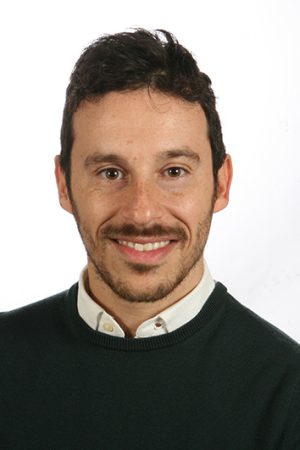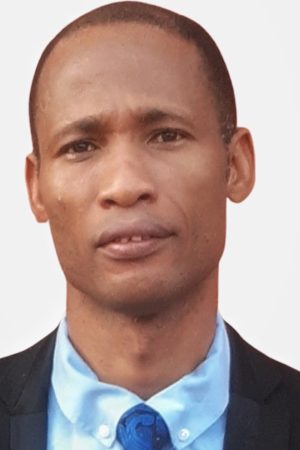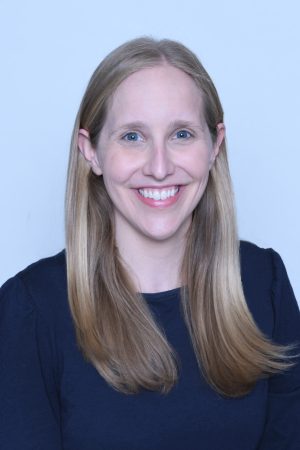Early Career Award
Purpose
The NBS Early Career Award is a program initiated in 2022 and organized by the Quality Improvement and Research Committee to support investigators with a focus on the fetal and neonatal brain.
Description
The support mechanism consists of $10,000 with no indirect costs. A no cost extension might be allowed for a second year maximum. We encourage people from under-represented groups in medicine to apply.
The research topic should be focused on advancing fetal or newborn brain care and can be a basic science, translational, quality improvement or clinical project. Successful applicants are expected to present their completed work at the subsequent NBS or PAS Meeting.
Eligibility Requirements
- Must be an NBS member.
- MD, PhD, or MD/PhD RN, NNP, PT/OT, MPH, allied health professionals applicant AND either a clinical trainee, post-doc or a junior faculty within 5 years of completion training.
- Career development awards or equivalent are allowed (e.g. K23, K08, or foundation early career grants) but total current funding must be ≤ $100,000 US dollars equivalent (excluding salary support) per year.
Application
- A Letter of Support signed by the sponsoring department chair/division chief that confirms support of applicant and funding. View template here.
- Specific Aims page, Abstract (300 word limit), and an Approach section (No more than 3 pages total using arial 11 font, single space, 0.5 inch margins).
- Budget and justification: 1 page
- NIH style Biosketch: Use the sample format on the Biographical Sketch Format Page to prepare this section for all grant applications.
- Other Support form that includes all other funding sources with amounts. Upload NIH style Other Support form or use the template here.
Important Dates - 2024
September 24, 2024 Application Deadline October 1, 2024
Award Annoucement
December 20, 2024
To begin the application process, please submit a Letter of Intent of here.
Frequently Asked Questions
1. May the grant also be used for salary costs Yes
2. In the budget preparation, can we consider personnel costs of researchers already hired by the institution, in their proportion of the time dedicated to the project? Yes
3. Besides indirect costs, are there any other categories that are not eligible? The funds must be used for costs related to conduct of the research project, with appropriate justification. No more than $2000 can be used for travel to present data from this project.
4. In the application requirements, “other funding sources with amounts” should be indicated. Are these funding sources considered for the calculation of the $100k/year limit in career development awards that the early stage researcher can have in other grants excluding salary? All funding sources should be listed, whether the funds are used to support salary, research costs, or other research-related items. Note that the amount used for salary support will not be counted towards the $100,000. This could include start up funds, funding from pharmaceutical companies or other types of non-grant funds for research support.
5. For the “percent time dedication to research” in the Letter of Support, is this percentage related to the effort of the team dedicated specifically to the project, or does this concern the institutional dedication to research activities? Ideally both, but the Letter of Support should indicate the percent time that the researcher will dedicate to research, which may be greater than the time that will be spent on the proposed project for which the NBS Early Career Award funds. There is no specific percent time dedicated to research required for this award.
6. Are financial reports submitted in the end of the project? Yes
7. Should the application be novel research (as in a new addition) within an existing project? It can be for a novel project or to complete an ongoing project being conducted by the applicant– note that this is a competition for funds so the request should be compelling. The funds should not be used solely to complete a mentor’s project; the applicant should have their own substudy or question that they‘re addressing, if the study is part of a larger study.
8. Are there any restrictions on what the grant can be used for? There are no restrictions on the type of research that can be funded through this award – animal, clinical, Quality Improvement. Overall, the work must be hypothesis-driven, but not necessarily an innovation.
9. Regarding the budget, could you give us a few examples of eligible and non-eligible expenses? The funds must be used for direct costs required for conduct of the research project, with appropriate justification.
10. Are the funds managed by the institution for the candidate, or are they transferred directly to the candidate’s personal account Managed by the institution.
Past Winners
2023

Paolo Montaldo, MD, PhD
Neonatal Neurology Post-doctoral Fellow Centre for Perinatal Neuroscience Imperial College London, United Kingdom Department of Women’s and Children’s Health and General and Specialized Surgery University of Campania “L. Vanvitelli”, Naples, Italy

Peter Ubuane, MBChB, FWACPaed
Consultant Paediatrician Institute of Maternal & Child Health/Department of Paediatrics Lagos State University Teaching Hospital Ikeja, Lagos, Nigeria

Anouk Verschuur, MD
Department of Radiology and Neonatology, Isala Hospital Zwolle, The Netherlands Department of Pediatrics, Section of Neonatology, University of Calgary, Canada Image Sciences Institute, University Medical Center Utrecht, The Netherlands
2022

Regina Triplett, MD, MS
Clinical Instructor in Pediatric Neurology and Epilepsy Developmental Neuroscience Post-Doctoral Research Scholar Division of Pediatric and Developmental Neurology Department of Neurology Washington University in St. Louis Saint Louis, MO, USA

Niek van der Aa, MD
Department of Neonatology
Wilhelmina Children’s Hospital
University Medical Centre Utrecht
The Netherlands
